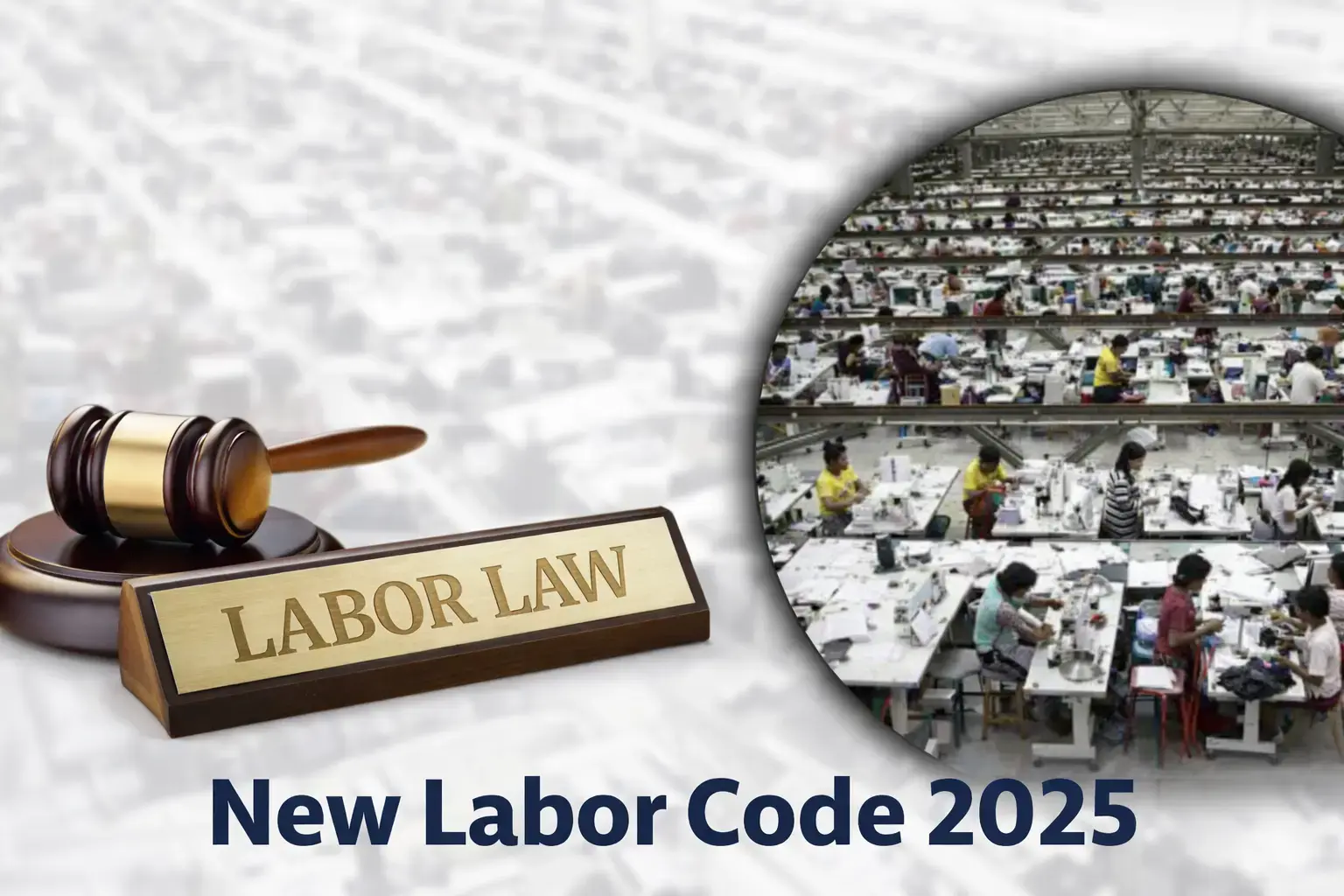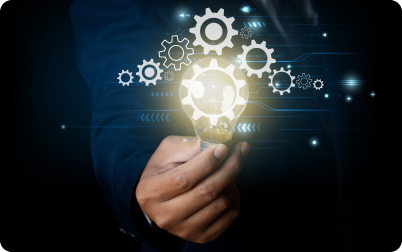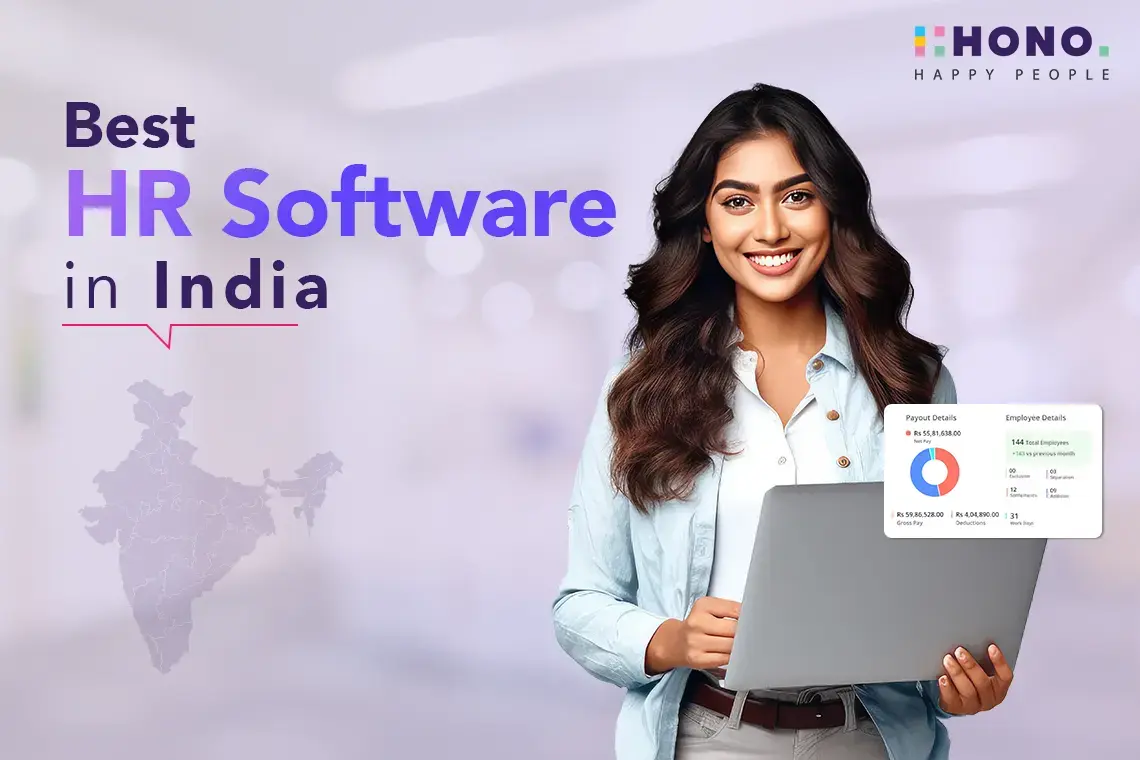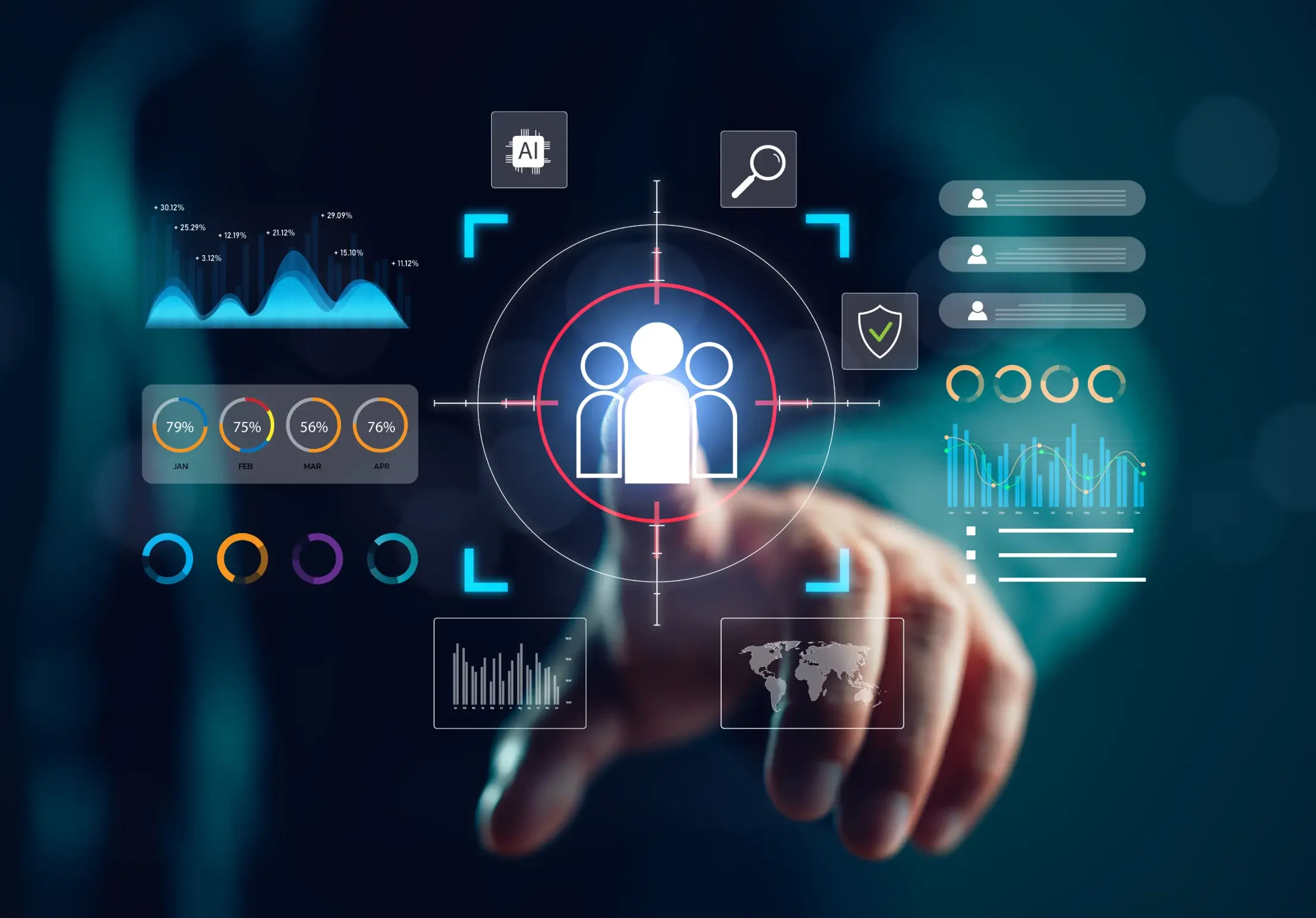5 Key Steps to Implementing AI in Cloud Based HR Software
11 mins

Welcome to the age of artificial intelligence in cloud-based HR systems.
Over the years, the field of Human Resources has undergone substantial change. Manual paperwork gave way to digital databases, and now cloud-based HR software is on the increase. These innovations have not only streamlined HR operations but have also paved the way for future innovation. The incorporation of Artificial Intelligence (AI) into HR systems is one such ground-breaking integration.
In a 2023 press release by Gartner, HR technology emerged as a leading investment focus, with 46% of HR leaders prioritizing it. This finding, based on a 2022 survey of 118 HR professionals by Gartner, underscores the growing emphasis on tech-driven solutions in HR. Seyda Berger-B??cker, a director at Gartner's HR practice, suggests that amidst challenges like high inflation and talent competition, organizations are leaning towards tech investments to gain a competitive edge.
The world of Human Resources has witnessed a significant evolution over the years. From manual paperwork to digital databases, and now, the rise of cloud-based HR software. These advancements have not only streamlined HR operations but have also opened doors to further innovation.
Understanding the Basics of Cloud Based HR
Cloud based HR, at its core, is a digital HR solution that manages and automates HR tasks using cloud computing. Here's why it stands out:
- Cost savings: Reduced infrastructure and maintenance costs.
- Scalability: Adjust resources based on the company's needs.
- Accessibility from anywhere: Access data and tools from any location.
- Enhanced security: Advanced encryption and security protocols.
- Real-time updates and integrations: Stay updated without manual interventions.
But how does it differ from traditional HR software? The primary difference lies in its accessibility, scalability, and real-time update capabilities, making cloud-based HR management software a preferred choice for modern businesses.
Interested in understanding the distinctions between traditional HR systems and AI-integrated cloud-based solutions? Refer to the table below for a concise comparison.
|
Feature/Aspect |
Traditional HR System | AI-Integrated Cloud-Based HR System |
| Data Access | Local access, often manual entry | Global access, real-time data syncing |
| Efficiency | Manual processes,more time-consuming | Automated processes, faster results |
| Accessibility | Office-bound, limited remote access | Accessible from any device, anywhere |
| Updates & Maintenance | Manual, periodic updates | Automatic, frequent updates |
| Support & Assistance |
|
Combination of AI assistance & human support |
Let's transition to our primary focus: 5 Essential Steps for Integrating AI into Cloud-Based HR Software. 
1. Recognizing the Need for AI in HR Solutions
Human resources professionals frequently deal with issues such as data management, employee engagement, and talent acquisition. AI can be useful in this situation. These problems can be more effectively solved by incorporating AI into HR solutions. AI-powered chatbots, for instance, may address simple HR questions, freeing up HR experts' time to work on more significant duties.
2. Choosing the Right Cloud Based HR Software
When it comes to selecting the best cloud-based HR software, businesses should consider:
- Streamlined operations: Efficiently manage HR tasks.
- Integration capabilities: Seamlessly integrate with other cloud services.
- Continuous software updates: Stay updated without manual interventions.
- Enhanced data analytics and reporting: Gain insights from HR data.
- Mobile accessibility: Access HR tools on the go.
Moreover, the HRMS cloud plays a critical role in streamlining HR operations, making it an essential component of modern HR management.
Integration of AI Capabilities
The next step after selecting your cloud-based HR software is to add AI capabilities Predictive analytics and AI-driven solutions for talent recruiting could be examples of this. Additionally, integrating cloud-based payroll and HR systems can improve the AI's capabilities and provide a more complete HR solution.
Must Read: How is Machine Learning Transforming HR? Explore 10 Key Applications
Benefits of Cloud Computing in HR
Cloud computing, especially in the HR domain, offers myriad benefits:
- Flexibility and scalability: Adjust resources as per needs.
- Disaster recovery and data backup: Ensure data safety.
- Automatic software updates: No manual interventions required.
- Reduced capital expenditure: Save on infrastructure costs.
- Enhanced collaboration and remote access: Work from anywhere.
These benefits directly enhance HR operations, making cloud-based HR a game-changer in the industry.
Related: How Do HCM Cloud Solutions Reframe Leave and Attendance Procedures?
Training and Adoption
With the integration of AI into cloud-based HR software, it's crucial to train HR staff to utilize these features effectively. Regular feedback loops and refining AI functionalities based on user feedback ensure the software remains relevant and efficient.
3. The Role of Data in AI-Driven HR
Data is the lifeblood of any AI system. For cloud-based HR software to effectively utilize AI, it needs a steady stream of accurate and relevant data. This includes employee performance metrics, feedback, attendance records, and more.
- Data Collection: Utilize cloud-based HR tools to gather data from various sources, ensuring a comprehensive view of employee performance and needs.
- Data Analysis: AI algorithms analyze this data to identify patterns, predict trends, and offer actionable insights.
- Data-Driven Decisions: With the insights derived from AI, HR professionals can make informed decisions that align with company goals and employee well-being.
Ethical Considerations in AI-Driven HR
When using AI in HR solutions, there are ethical issues to keep in mind, just like with other technology:
- Bias and Fairness: Ensure that the AI algorithms are free from biases. Regular audits can help in identifying and rectifying any inherent biases in the system.
- Transparency: Employees should be aware of how AI is being used in HR processes and how it impacts them.
- Data Privacy: Given the delicate nature of HR data, it is essential to give data privacy top priority and make sure that employee data is safeguarded and handled morally.
4. Continuous Improvement and Evolution
The world of AI is ever-evolving. As such, businesses should ensure that their cloud-based HR management software is always updated with the latest AI advancements.
- Feedback Loops: Regularly gather feedback from HR professionals and employees to understand the effectiveness of the AI tools.
- Iterative Development: Based on feedback, continuously refine and enhance the AI functionalities.
- Stay Updated: AI, especially in the HRMS cloud domain, is rapidly advancing. Regular training sessions can help HR professionals stay updated with the latest tools and techniques.
5. Measuring the ROI of AI in HR
For businesses, it's crucial to measure the return on investment (ROI) when integrating AI into their cloud-based HR systems:
- Performance Metrics: Track metrics like employee engagement, retention rates, and recruitment efficiency to measure the impact of AI.
- Cost Savings: Calculate the savings achieved through automation and improved efficiency.
- Employee Satisfaction: Conduct surveys to gauge employee satisfaction levels post-AI integration.
Preparing for the Future of AI in HR
Cloud-based HR software is only now beginning to use AI. With advancements in technology, we might expect ever more sophisticated AI systems that can predict worker needs, offer tailored training, and even support strategic decision-making.
- Stay Informed: Regularly attend seminars, webinars, and workshops focused on the latest in AI and HR.
- Collaborate: Collaborate with tech providers and AI experts to understand the future trajectory of AI in HR.
- Invest in Training: Ensure that the HR team is always equipped with the knowledge and skills to leverage the latest AI tools.
The Human-AI Collaboration in HR
While AI offers numerous advantages, the human touch in HR can never be completely replaced. The future lies in the collaboration between humans and AI in cloud-based HR:
- Human Oversight: AI can provide data-driven insights, but the final decision should always involve human judgment.
- Emotional Intelligence: While AI can analyze patterns, human professionals bring emotional intelligence to HR, understanding the nuances of human behavior and emotions.
- Collaborative Decision Making: Use AI to provide data and predictions, and humans to interpret and make decisions based on these insights.
Challenges in Implementing AI in HR
Like any technological integration, there are challenges to overcome when implementing AI in HR solutions:
- Data Quality: AI is only as good as the data it fed. Ensuring high-quality, unbiased data is crucial.
- Change Management: Resistance to change can be a significant hurdle. Proper training and communication can help in a smooth transition.
- Cost Implications: While AI can lead to cost savings in the long run, the initial investment can be substantial.
Customizing AI for Your Organization's Needs
Every organization is unique, and so are its human resource requirements. Customizing AI capabilities in cloud-based HR software guarantees that solutions are suited to the specific needs of an organization:
- Custom Algorithms: Develop AI algorithms that cater to the specific needs and challenges of the organization.
- Feedback-Driven Refinement: Continuously refine AI tools based on feedback from HR professionals and employees.
- Integration with Other Tools: Ensure that the AI tools in cloud-based HR seamlessly integrate with other tools and systems used by the organization.
The Global Perspective: AI in HR Across Different Cultures
As businesses go global, it's essential to understand how AI in HR functions across different cultures:
- Cultural Sensitivity: AI tools should be designed keeping in mind the cultural nuances and sensitivities.
- Localization: Customize cloud-based HR management software based on regional laws, languages, and cultural norms.
- Global Training: Train HR professionals across different regions to ensure a consistent approach to AI in HR.
The Road Ahead: The Future of AI in Cloud-Based HR
The integration of AI into cloud based HR is a journey, not a destination. As technology evolves, so will the ways in which AI is used in HR:
- Predictive Analysis: Future AI tools might predict employee needs, potential resignations, and even recruitment needs.
- Personalized Employee Experience: AI could offer a personalized HR experience, from onboarding to training and development.
- Strategic Decision Making: With advanced data analytics, AI could play a role in strategic HR decisions, from talent acquisition strategies to organizational restructuring.
AI Ethics and Transparency in HR
As AI becomes more integrated into cloud-based HR, ethical considerations become paramount:
- Transparency: Organizations should be open about how AI decisions are made within the HR solutions.
- Accountability: There should be clear lines of accountability for AI decisions, ensuring that they can be explained and justified.
- Bias Detection: Regularly test and refine AI models to ensure they are free from biases that could lead to unfair HR decisions.
Continuous Learning and AI
The field of AI is ever evolving, and so should the cloud-based HR software that utilizes it:
- Regular Updates: Ensure that the AI models are updated with the latest algorithms and data sets.
- Feedback Mechanisms: Implement systems where HR professionals can provide feedback on AI tools, leading to continuous improvement.
- Training Programs: Regular training sessions should be conducted to keep HR professionals updated with the latest AI tools and best practices.
The Role of Vendors in AI-Driven HR
Choosing the right vendor for your cloud based HR management software is crucial:
- Vendor Expertise: Ensure that the vendor has expertise in both HR and AI.
- Customization: The vendor should offer customization options to tailor the AI tools according to the organization's needs.
- Support: Continuous support and training sessions should be part of the package, ensuring smooth integration and usage of AI tools.
Optimizing HR Processes through AI Integration
The incorporation of AI into cloud-based HR represents a paradigm shift rather than merely a technological advancement. Businesses that adopt this change will not only streamline their HR processes but also be better prepared to deal with emerging HR issues. The future of HR will be reshaped by the collaboration of people and AI, making it more effective, data-driven, and employee-centered.
It is evident that the future of HR is not just about new technology as we continue to explore the fascinating potential of AI in cloud-based HR. It's important to deploy technology in a way that prioritizes employees and provides real benefits. In this situation, HONO excels. Their cutting-edge cloud-based HR software aims to pave the way for the future of HR, not just follow trends. Businesses benefit from a well-rounded and efficient solution thanks to HONO's commitment to fusing the most recent AI advancements with an in-depth understanding of the fundamental HR principles. HONO is the solution of choice for those who want to lead the HR AI wave.
.png?width=70&height=70&name=Team%20HONO%20logo-01%20(1).png)
Team HONO









